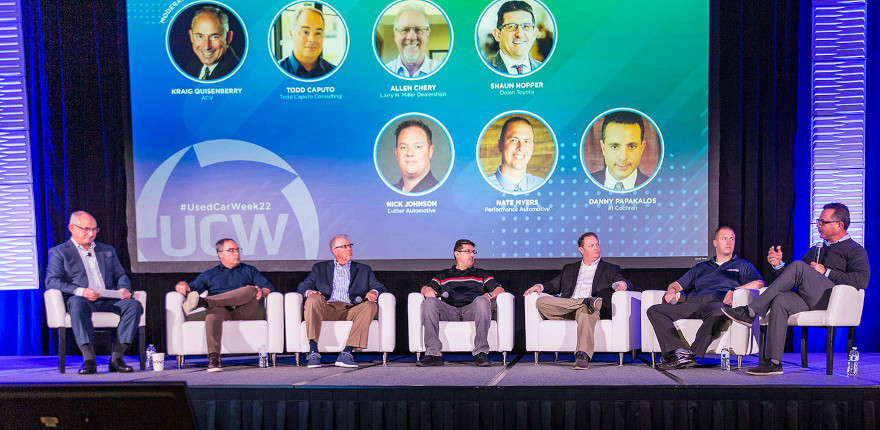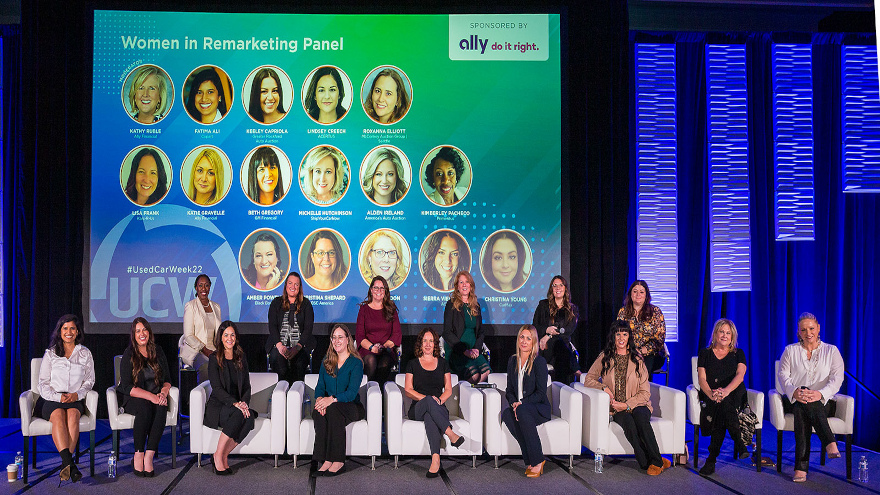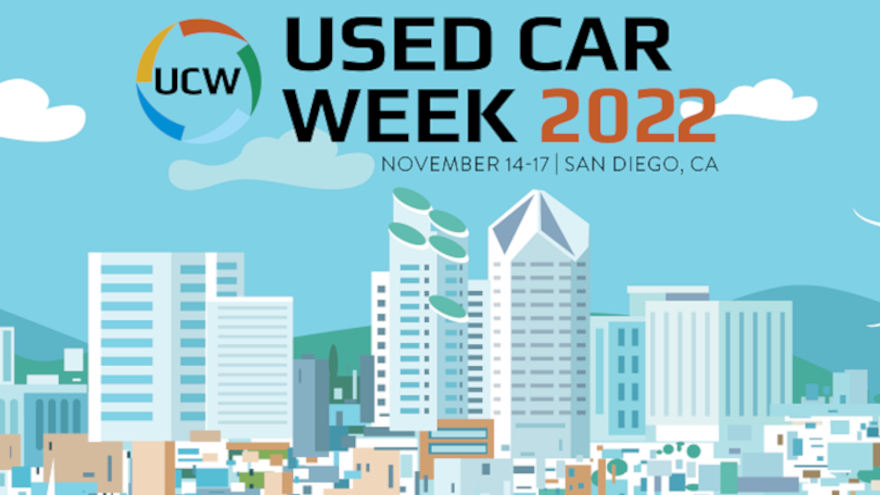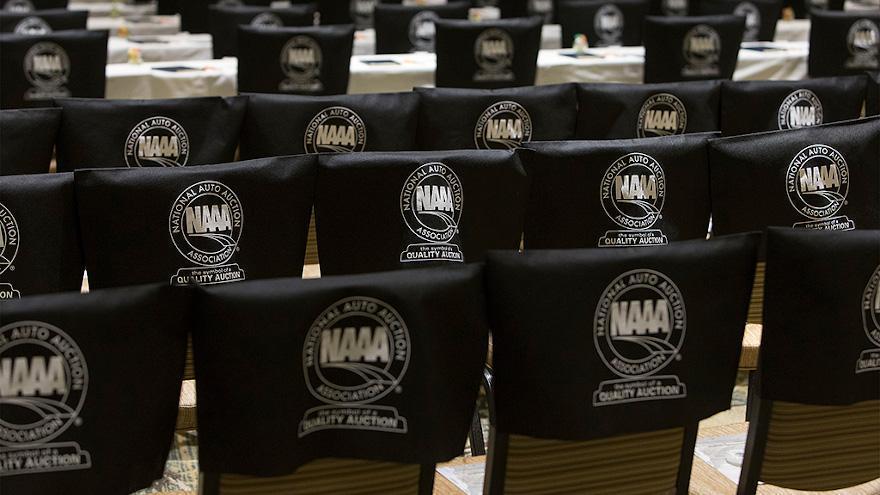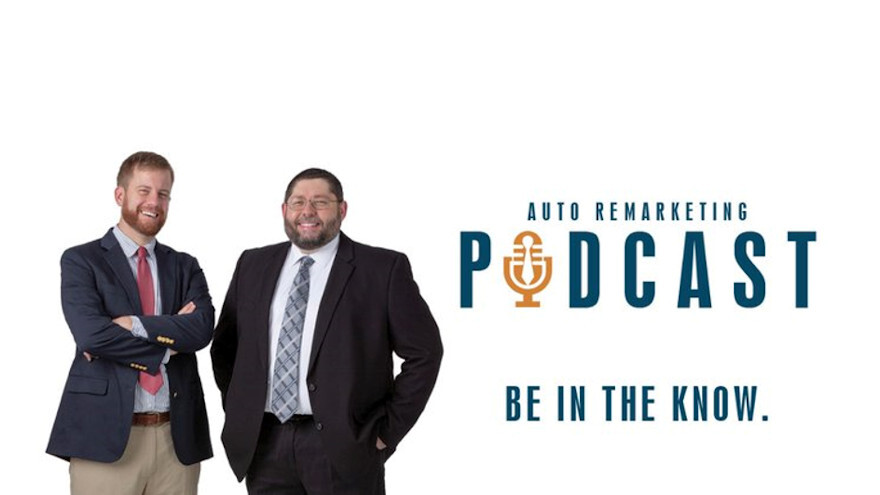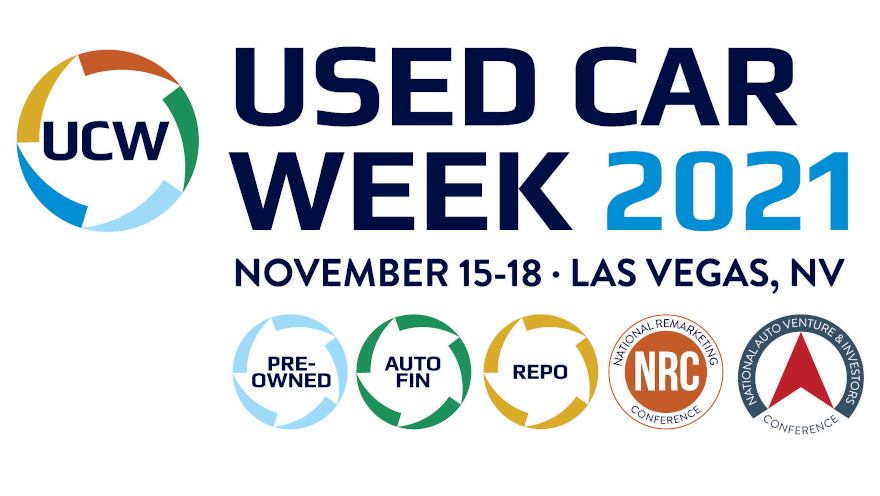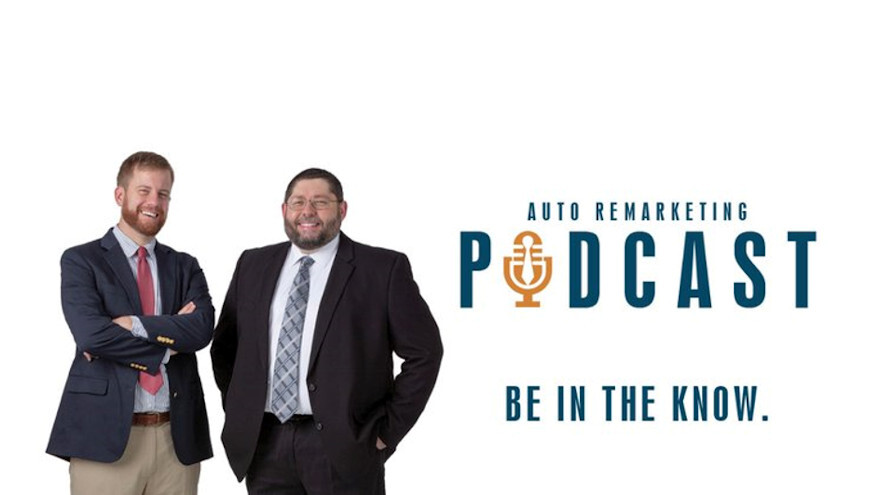Amid predictions that used-vehicle prices and sales are poised to fall, dealers should start the new year resolving to keep a close eye on their used inventory and resist the urge to stock more vehicles than they typically sell in a rolling 30-day period — with a few exceptions.
That enables them to “buy and sell in today’s market” and avoid being stuck with aged inventory, said Tommy Gibbs, owner of Tommy Gibbs & Associates, which specializes in used-vehicle management and leadership skills training.
Dealers that adhere to disciplines and processes to manage their used inventory, largely insulate their operations from market fluctuations, Gibbs added.
“Aged inventory is kind of like two hands around a dealer’s neck choking him. Until you get those hands off of your neck, you’re always going to be struggling,” he said, during an early December interview.
“What I mean is, if a dealer has a lot of aged inventory that’s around 60 days old, they’re always running behind trying to work their way out of problems and dealing with inventory that is not of current value.”
Gibbs is among the industry experts slated to conduct presentations at this week's NADA Show in Dallas.
Also scheduled to make a presentation at the show is Dale Pollak, an executive vice president at Cox Automotive, and founder of vAuto, inventory management software. He agrees that dealers need to be diligent about inventory management.
Slower used-car sales, higher depreciation
In 2021, when new-car inventory constraints caused consumers in large numbers to turn to used vehicles to fill the void, dealers were emboldened to stock used vehicles in excess of their typical 30-day sales window, Pollak said.
There were no depreciation consequences because the values of those vehicles actually grew.
But as 2022 progressed, higher interest rates and higher volumes of some new vehicles, helped slow used-vehicle sales and speed up their depreciation, Pollack said.
Consider this:
Used-vehicle values increased, approximately 40% between Jan. 1 to Dec. 31, 2021 but declined 18-19% between Jan. 1 and mid-December 2022, Pollak said.
The most common interest rate on a 72-month loan, which is a common length among used-car buyers, was approximately 4.25% a year ago, compared to around 7% in mid-December and is likely to go higher, Pollak said.
“We anticipate by the end of 2022 used-vehicle wholesale values will have fallen 20%,” Pollak said. “Typically, used-vehicle values rise at the beginning of the year, but in the first quarter of 2023, used vehicle values are expected to fall.”
Technology can help
That means dealers should also make sure their inventory is priced correctly and technology that can help with that, he added.
In the past, Pollak urged dealers to price every vehicle to move as fast as possible using a strategy he called “Velocity.”
Optimal turn times
But data science technology has evolved, and his company’s ProfitTime Global Profitability Solution software utilizes a variable management strategy to help dealers understand the unique investment potential of individual vehicles. That means “there are some cars that should be turned very fast, and there are other cars we can afford to turn a little bit slower for the sake of more profit,” he said.
Vehicles in which dealers’ investments are close to retail market value and from a market standpoint have high day supply and low retail volume, should be priced to move within 20 to 30 days, Pollak said.
Sales of vehicles in which dealers have big spreads between their wholesale and market values, and from a market standpoint have low day supply and high retail volume need to turn within 40 to 50 days, Pollak said.
“ProfitTime also provides recommended price ranges for each car to achieve those optimal turn times,” Pollak said. “Today we have a pretty good idea which cars are which.”
Omnichannel sales -vs- dealerships
Denise Chudy, also a scheduled presenter at NADA’s show, suggests that dealers might want to take heed to the successes and shortcomings of used-car retailers CarMax, Carvana and Vroom, which have positioned their respective omnichannel sales approach as viable alternatives to traditional dealerships.
Chudy, the director of marketing and communications with the Magnificent Mile Association, a business district in Chicago, also has an extensive background in online automotive.
Prior to her current position, Chudy was chief growth officer in charge of sales and marketing at Friendemic, a digital platform geared to automotive and powersport dealers and manufacturers. She left Friendemic in September when it was acquired by another company.
She is also a founder of LotLinx and has served as vice president of national sales with Cars.com and the head of automotive at Google.
Before departing Friendemic, Chudy was involved with extensive research of CarMax’s, Carvana’s and Vroom’s customer reviews on sites such as Google and Yelp!
The idea was to study what consumers said about those used vehicle retailers when they wanted to inform other cars buyers, without being prompted to do so.
Those studies revealed that car shoppers definitely like the omni-channel model but become frustrated when customer service representatives don’t meet their expectations, Chudy said.
Train and empower employees
CarMax, she said, does well in customer service and has trained and empowered its employees to fix things for customers when things go awry.
Some CarMax reviewers, for example, complained: “I came in at noon and I had to sit there for two hours,” and in the next sentence wrote, “but Bob came over and he really helped me’,” Chudy said.
“CarMax is good at extinguishing issues and getting a person to a happy place,” which is something the other online retailers lacked, she said. Employee training is key, she said.
The studies also revealed that the word “dealer” also seemed to have a negative connotation with many online reviewers who said things such as “I’ll never go back to a traditional dealer,” or “I’ll never buy a car from a dealership again.”
Chudy suggests that dealers consider repositioning themselves as “retailers” and their dealerships as ‘stores.”
She adds: “If you want to be a part of this growing consumer body that wants to do more online and wants to use digital tools, maybe don’t call yourself a dealership.”
The Auto Intel Summit returns this spring with a new look, new hotel and a new conference added to the event's lineup.
Cherokee Media Group is launching the inaugural National Remarketing Conference Spring Summit, which will be held concurrently with AIS, April 18-20 at the Hilton Raleigh North Hills in Raleigh, N.C.
“We’re excited about the opportunity to couple the NRC Spring Summit with AIS this spring,” said Bill Zadeits, president of Cherokee Media Group. “One of the reasons that triggered this decision was the vast amount of speaker submissions that came in for AIS in December.”
“In addition to those focusing on the Auto Intel Summit core content topics, many were excellent ideas and remarketing focused,” Zadeits said. “We saw this as opening the door to building an NRC Spring Summit with an emphasis on innovation, business intelligence, analysis and 'what's next' in remarketing.”
The Auto Intel Summit, now with the NRC Spring Summit, will continue to examine the innovation and digitization in the retail, finance and remarketing segments of automotive, including regulatory considerations, the role of the investment community, B2B and B2C applications of such tech developments and more.
As far as what to expect at the NRC Spring Summit, the conference will examine how the wholesale sector of automotive is adapting to rapid change.
With various thoughts on the direction of the economy, increased interest rates, price corrections, inventory and soft tax refunds, there’s no shortage of important topics to explore.
Focusing on innovation, market analysis, economic forecasting and remarketing business intelligence, the NRC Spring Summit will gather the industry’s smartest and most powerful executives to share insights and provide attendees with a front-row seat to discover what’s on the horizon for the remarketing industry.
“The Auto Intel Summit has generated such momentum over the last few years. Our team will stay true and continue to focus on auto finance, retail, fintech, collections, M&A, PE/VC and other topics that have been important in establishing AIS as an industry standard,” Zadeits said.
“We feel the combination of the high-level audiences for AIS and the NRC Spring Summit will offer a valuable blend of executives, networking and content across critical market segments,” Zadeits said. “This direction strengthens both events and will provide a higher ROI for attendees and sponsors.”
Registration will remain at the same pricing levels, providing a great value for attendees. Much like Used Car Week, executives will register and have the flexibility/freedom to build a customized schedule and agenda of their choosing across both conferences.
Both events will have a business focus on innovation and intelligence. Cherokee Media Group is building agendas and networking opportunities for executives and companies to have a front-row seat to understanding more deeply "what's next" in these important sectors of the industry.
For more information, visit AutoIntelSummit.com.
Those interested in submitting a session in the event's call for speakers can do so here.
Used Car Week is returning to San Diego for the first time in almost a decade, and will feature several new twists for the event, which is scheduled for Nov. 14-17 at the Manchester Grand Hyatt.
Among those is the debut of the Used Car Week Podcast Stage, where podcasters and other media can record episodes of their respective shows.
The podcast stage, which is sponsored by Ship Your Car Now, will be located in the Palm Foyer at the hotel, which is in the same space as the main hub of the conference floor.
The stage will be visible from conference registration desk and attendees are welcome to view the podcast recordings.
Podcast hosts participating in the Used Car Week Podcast Stage will receive complimentary media registration to the event.
For more details, please email Cherokee Media Group senior editor Joe Overby at [email protected].
The National Auto Auction Association is taking what has traditionally been its Spring Business Meeting and moving it to NADA Show 2022.
The meeting — which has been renamed Total Access — will be held March 10-13 in Las Vegas during the NADA convention, NAAA said in an emailed message to its members on Wednesday.
“We at NAAA are committed to providing you with an enhanced experience that will be new, informative and offer you a chance to network with not only fellow NAAA members but also NADA Show attendees,” NAAA said in the message.
“Since we last met together in person, NAAA committees have remained active with continuing the business of the association, and we thank all committee members for their continued service and support,” it added.
Total Access will include NAAA’s regular committee meetings along with several other agenda items. Those include:
- NAAA welcome event
- Workshop with Glenn Mercer on the future of the auto industry and the impact of electric vehicles and the chip shortage
- NADA Show workshop from NAAA titled, “Simply the Best: Why Your Dealership Needs NAAA Auctions to Get to the Next Level.”
- Meet-and-greet with NFL Hall of Famer Emmitt Smith
- Dealer Appreciation Concert with Kool and the Gang.
The association said more information will be forthcoming and to stay tuned to its website for more details.
Earlier this year, NAAA postponed its annual convention, which had been set for Sept. 28-30 in Chicago.

